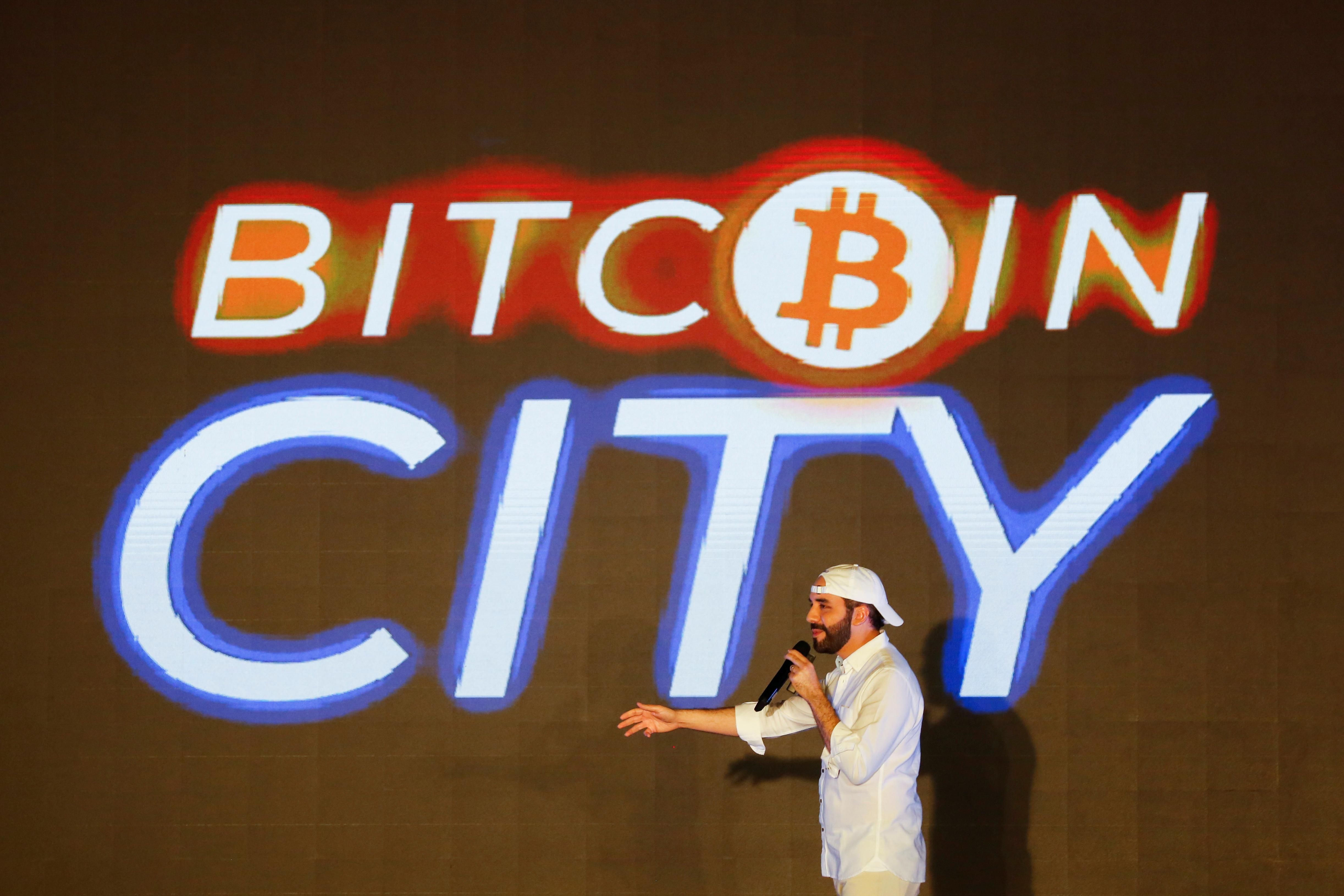Has El Salavdor’s crypto experiment bombed?
Mass protests erupted last fall after Nayib Bukele, El Salvador’s youthful, tech-savvy president with an authoritarian streak, announced that the country would begin accepting Bitcoin as legal tender. Many Salvadorans said Bukele’s embrace of the volatile currency would spur inflation and financial instability. Those warnings have proven prescient. In recent days, the crypto world has been caught in a tailspin, in part because global inflation has lowered investors’ tolerance for risk. Bitcoin and Etherium, the biggest cryptocurrencies, have both declined in value by 20-25% this week – and El Salvador is recording losses of about 37% based on what it forked out for crypto in a series of purchases. This has proven to be a disaster for Bukele: two major credit rating agencies predict El Salavdor will default on its loans. San Salvador has an IMF repayment due in January worth a whopping $800 million, and amid ongoing negotiations earlier this year the international lender warned that “Bitcoin should not be used as an official currency with legal tender status.” Still, the enigmatic Bukele continues to double down: this week, he released plans for the Bitcoin city he touted last fall – a smart city based on the use of the flailing currency.
Somalia's long-overdue presidential election
Fifteen months behind schedule and facing a May 17 deadline to avoid getting cut off from foreign aid, Somalia will finally hold its presidential election on Sunday. There are lots of familiar faces among the 39 candidates, including two former presidents, a former prime minister, and current President Mohamed Abdullahi Mohamed, aka Farmaajo, a former US civil servant. When his term expired in February 2021, Farmaajo convinced the lower house of parliament to unilaterally extend it by two years, and then later backtracked following an outcry from the upper house and donors. He faces a tough challenge, especially from supporters of PM Mohamed Hussein Roble, who for months has been locked in a power struggle with Farmaajo over control of the government. (Roble is not running, but his supporters will follow his lead in parliamentary voting.) Further complicating matters, the vote is a quasi-democratic "indirect" election by all 329 members of parliament in which a candidate needs a two-thirds majority to avoid a runoff. The winner, if we ever get one, will face myriad problems, with security issues topping the list. Just this week, the militant group al-Shabab attacked a site near Mogadishu’s airport, where lawmakers will cast their ballots in a hangar surrounded by armed troops.More For You
This last week has provided a distillation of US President Donald Trump’s view on how American military might should be deployed at home and abroad.
Most Popular
Rock, meet hard place: officials from Denmark and Greenland are meeting with members of the Trump administration to discuss the future of the semi-autonomous island.
Ugandans go to the polls tomorrow in an election where President Yoweri Museveni is widely expected to be reelected, as authorities crack down on political dissent.
